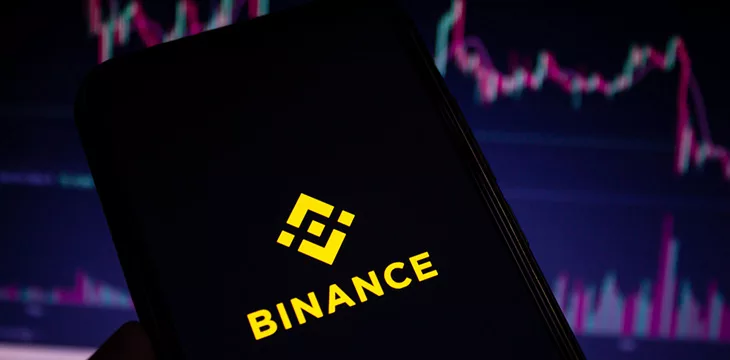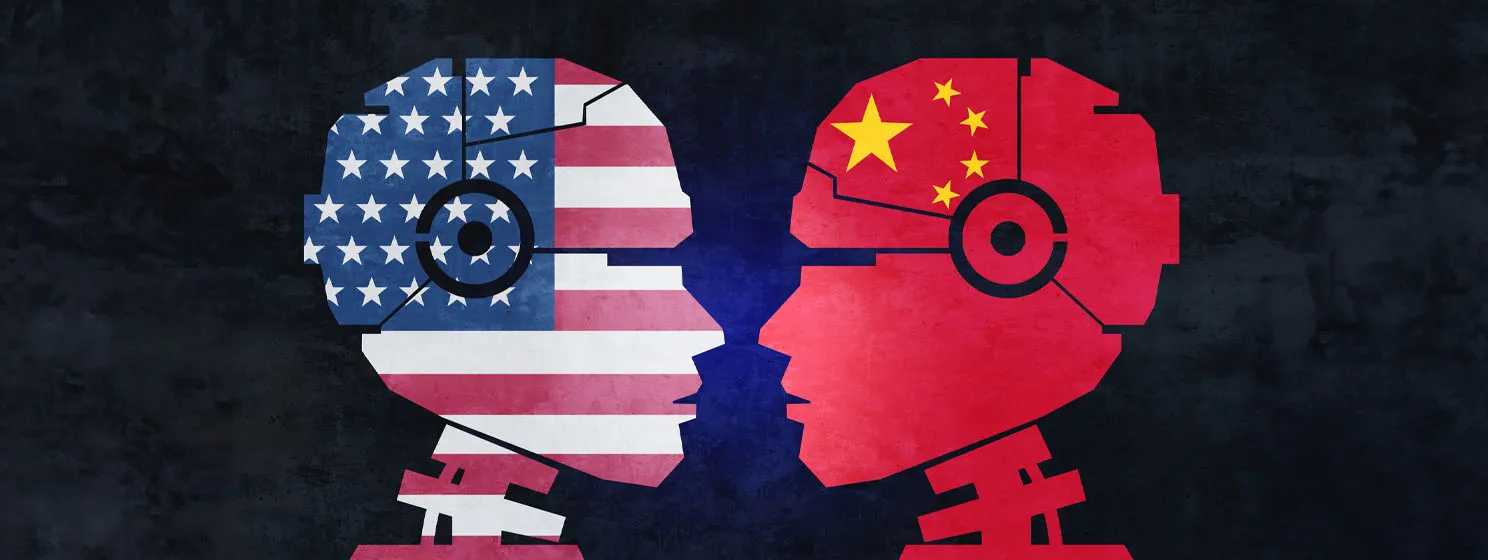|
Getting your Trinity Audio player ready...
|
Binance may have come to terms with some of its U.S. legal issues, but other legal challenges—both in the U.S. and abroad—are just getting underway.
On Tuesday, the Philippines Securities and Exchange Commission (PSEC) issued an advisory informing the public that “Binance is NOT AUTHORIZED TO SELL or OFFER SECURITIES to the public in the Philippines.” Despite this lack of authorization, the PSEC said the digital asset exchange “has been actively employing promotional campaigns on various social media platforms to attract and entice Filipinos to engage in investment and trading activities using its platforms.”
This isn’t the first time Philippine authorities have issued public warnings about Binance. In August 2022, the PSEC’s Enforcement and Investor Protection Department warned local residents that Binance “does not possess the necessary authority and/or license to solicit investments.” That warning followed requests by local think tanks to take action to counter Binance’s come-hither pitches to local residents.
Binance paid no heed to these regulatory shots across its bow, even ignoring subsequent overtures from the PSEC suggesting that all might be forgiven if the exchange applied for the appropriate permits and followed local rules. All the while, Binance employed its traditional delay and distract strategy, saying all the right things while seeking a less intrusive back-door entry by acquiring an already licensed firm.
Binance and its founder Changpeng ‘CZ’ Zhao may have reached a $4.3 billion settlement with the U.S. Department of Justice (DoJ), but nothing in that settlement precludes other jurisdictions from launching their own actions against the exchange. Indeed, given the admissions of guilt contained in the settlement regarding anti-money laundering shortcomings, prosecutors in other jurisdictions may find much of the legal ground has been prepared in advance for filing their own charges.
The latest PSEC advisory also contains a warning that “those who act as salesmen, brokers, dealers or agents, representatives, promoters, recruiters, influencers, endorsers, and enablers of the BINANCE platform in selling or convincing people to invest in this platform within the Philippines even through online means may be held criminally liable” for their activities.
Ronald’oh!
Speaking of, Cristiano Ronaldo is the subject of a proposed class action suit based on the football superstar’s prominent role as a Binance promoter.
The complaint, filed Monday in the U.S. District Court for the Southern District of Florida, claims Ronaldo and other Binance influencers “engaged in the mass solicitation of investments in unregistered securities on behalf of Binance.” To no one’s surprise, the suit seeks a whole bunch of money from both Binance and Ronaldo to compensate those who invested in these unregistered securities and may have lost money as a result.
The complaint claims that “Binance’s partnership with celebrities like Ronaldo was clearly designed to use the positive reputation associated with specific celebrities to convince consumers that Binance was a safe place to buy and sell cryptocurrency.” Following his deal with the exchange in mid-2022, Ronaldo participated in allegedly “deceptive and unlawful” campaigns to promote Binance to his roughly 850 million social media followers.
These campaigns included custom non-fungible tokens (NFTs) sold via the Binance platform. The complaint alleges that there was “a 500% increase in searches” for Binance following the initial announcement of a Ronaldo-themed NFT collection.
The complaint argues that Ronaldo “directly received revenue from his joint NFT projects, which required participants to sign up for and put money into Binance accounts.” The ads promoting Ronaldo were allegedly targeting sports fans who were “unfamiliar with crypto and Binance.” Finally, the complaint says Ronaldo “knew or should have known of potential concerns about Binance selling unregistered crypto securities and/or that he was aiding and abetting Binance’s fraud and/or conversion.”
The U.S. Securities and Exchange Commission (SEC), which filed a civil suit against Binance this summer alleging the sale of unregistered securities, has brought numerous complaints against celebrities shilling for various ‘crypto’ projects, including Justin Sun’s TRX and BTT tokens.
SEC still wants a piece of Binance
Unlike the U.S. Commodity Futures Trading Commission (CFTC), which also filed charges against Binance this year, the SEC was not party to last week’s settlement, meaning its civil suit remains very much a work in progress. A status hearing this week saw the federal judge suggest that he might dismiss the suit given the recent settlement, but the SEC appears to want to make a statement regarding the unregistered securities it claims Binance’s U.S.-licensed offshoot Binance.US was offering to the public.
But the SEC also alleged that Binance.US commingled customer funds in accounts held by Merit Peak, a market-maker with no registered headquarters and owned by CZ. This could prove problematic for all sorts of reasons, including posing a major threat to CZ’s wallet. (That is unless the U.S. Supreme Court gets its way.)
A key plank of last week’s settlement was a requirement that the guilty parties not make any public statement directly or indirectly refuting their guilt. But the same day the settlement was announced, CZ tweeted that (unlike some other exchanges) Binance never “misappropriated any user funds.” Oops.
Out with TORN, in with BSV?
CZ formally resigned as chairman of the board at Binance.US this week as part of his settlement. The exchange insists it’s not going anywhere, but with 90% of the assets formerly held on the exchange having been withdrawn following the SEC suit and the possibility of more penalties should the SEC prevail, this beaten horse appears close to death.
Meanwhile, Binance’s new CEO, Richard Teng, plans to do an Ask Me Anything session on X (Twitter) this Friday, which, for obvious reasons, could prove a more lively affair than some of CZ’s previous episodes. Teng has his hands full trying to convince the world that Binance has truly turned over a new leaf, but with U.S. authorities soon to install monitors observing all exchange transactions for the next five years, compliance is no longer optional.
Case in point: Binance announced Sunday night that it will delist TORN, the governance token of the coin mixing platform Tornado Cash, as of December 7. The announcement dragged the fiat value of TORN down by 50%, falling from $3.96 to $1.94 the same day. The token continued to shed value this week, currently hovering around $1.60.
The U.S. Treasury Department’s Office of Foreign Assets Control (OFAC) sanctioned Tornado Cash in August 2022 based on its popularity with various bad actors, including North Korea’s Lazarus Group, who used it to mask the trail of stolen digital assets. This August, the Department of Justice (DoJ) filed charges of money laundering and sanctions violations against Tornado Cash’s co-founders.
Binance made no mention of the controversy surrounding Tornado Cash, saying only that the decision to delist was made following a ‘periodic review’ to determine whether the token meets “the high level of standard we expect.” But it seems clear that Binance was looking to earn some favor with U.S. authorities and hopefully start Teng’s tenure off on the right foot.
Speaking of delisting, one of the legacy legal issues confronting Binance involves its controversial delisting of the BSV token in April 2019. That decision was made by CZ, based at least partly on his personal animosity towards Dr. Craig Wright but also from an apparent thirst for revenge after BSV blockchain’s arrival on the scene “caused BTC to drop below $6k.”
As befitting its market dominance, Binance’s delisting was swiftly followed by other exchanges in a coordinated fashion, including Kraken and Shapeshift. The impact of this campaign was profound, as the BSV token saw its market cap plummet as customers found it difficult to find somewhere to buy the token.
In August 2022, a nearly £10 billion class action suit was filed in the U.K. on behalf of BSV token holders who’d suffered financially as a result of this anti-competitive mass delisting. This suit remains an ongoing concern, as none of the exchanges have so far deigned to relist BSV. (The suspicion that Kraken’s opposition was purely ideological was confirmed when it listed the sketchy LUNA2 token mere months after the collapse of the original LUNA project kicked off ‘crypto winter.’)
If Teng truly is his own man, it’s not too late for him to reverse CZ’s petulant actions regarding the BSV delisting, which were made years before Teng joined Binance from the world of traditional finance. It might be a good question to pose during Teng’s AMA on Friday.
Follow CoinGeek’s Crypto Crime Cartel series, which delves into the stream of groups—from BitMEX to Binance, Bitcoin.com, Blockstream, ShapeShift, Coinbase, Ripple, Ethereum,
FTX and Tether—who have co-opted the digital asset revolution and turned the industry into a minefield for naïve (and even experienced) players in the market.

 05-03-2025
05-03-2025 





